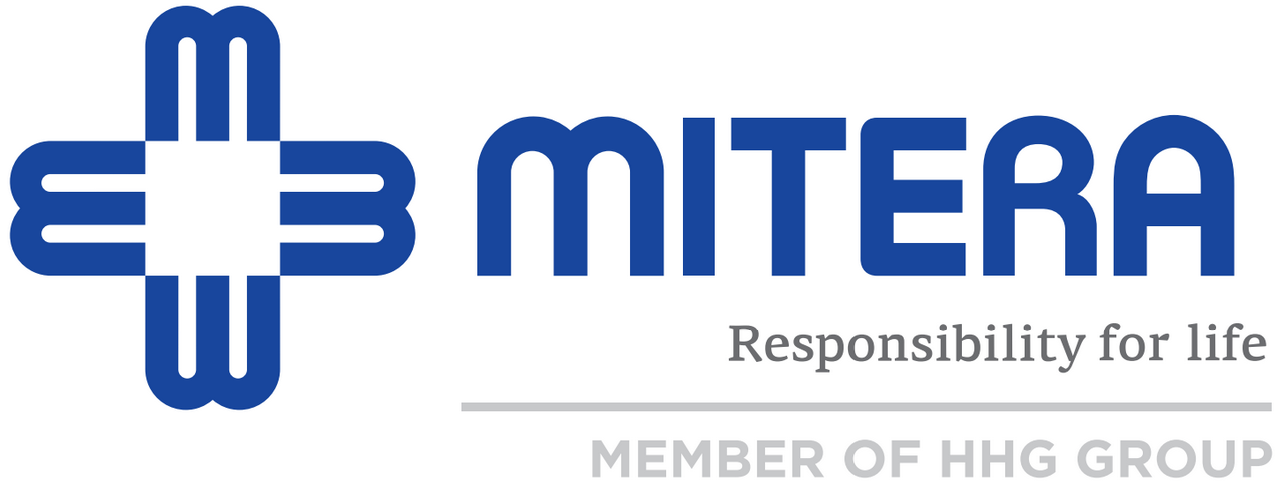Dobutamine Stress Echo
Dobutamine Stress Echo (DSE) is an advanced echocardiographic technique which provides a non invasive option for safe, early and reliable detection of the coronary artery disease. There is no radiation or exposure to nuclear medicine with this test.
It is well established that during rest even patients with severe coronary artery disease can have a normal electrocardiogram (ECG) and may be asymptomatic. DSE increases the heart’s oxygen requirements which are normally met by increased blood flow to the myocardium. If a patient has one or more significant stenoses of the coronary arteries, the blood supply to the myocardium is limited and regional wall motion abnormalities appear. The extent of ischemia seen during DSE correlates well with the territory and degree of stenoses. It can be an invaluable test for decision making processes as it also determines prognosis, identifies viable myocardium for targeted revascularization and provides dynamic assessment of the hemodynamic impact of valvular heart disease.
How is the test performed?
- The test lasts about 20 minutes, but you should allow 1 hour for the full appointment.
- Resting ECG, BP and baseline ultrasound images of the heart are obtained.
- A peripheral cannula is inserted for the administration of Dobutamine. If image quality is suboptimal ultrasound contrast (Sonovue) may also be administered via the cannula to increase diagnostic accuracy.
- Dobutamine infusion begins and is increased in 3-minute stages. Images at each stage of the infusion are acquired until the targeted heart rate for the patient is achieved.
- Occasionally it is necessary to use an additional drug called Atropine to reach the optimum heart rate.
- The infusion is stopped and the patient is observed in recovery until both heart rate and blood pressure return to normal. They are requested to remain on the premises for a further 30 minutes to ensure a full recovery.
Instructions before the test
You are advised to eat a light breakfast and to remain fast for about 2-3 hours before the test.
In the event that Atropine is required it is recommended that you do not drive for 2-4 hours post the procedure, so you may wish to organize someone else to pick you up. It is important not to take any drugs which reduce the heart rate such as Beta-blockers, calcium antagonists (non dihydropyridines) and Ivabradine for 24-48 hours prior to the appointment as this can effect the accuracy of the test. If you are in atrial fibrillation and you are taking one or more of the above mentioned medications you may only need to stop these tablets on the day of the test. If you are not certain whether you are on any of these medications or you have any questions do not hesitate to consult your personal doctor or to contact the cardiac ultrasound department of Mitera Hospital.


